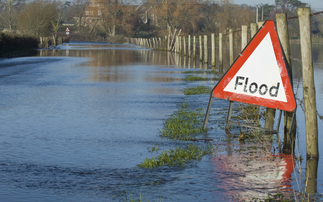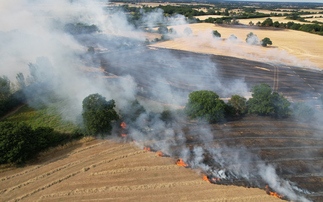BP's latest statistical report should be a wake-up call, that it is not suggests we are sleep-walking into a climate and energy disaster
Followers on Twitter will already be aware that I spent much of Tuesday angry and bemused at BP's latest annual Statistical Review of World Energy and the quite frankly terrifying data contained therein....
To continue reading this article...
Join BusinessGreen
In just a few clicks you can start your free BusinessGreen Lite membership for 12 months, providing you access to:
- Three complimentary articles per month covering the latest real-time news, analysis, and opinion from Europe’s leading source of information on the Green economy and business
- Receive important and breaking news stories via our daily news alert
- Our weekly newsletter with the best of the week’s green business news and analysis








